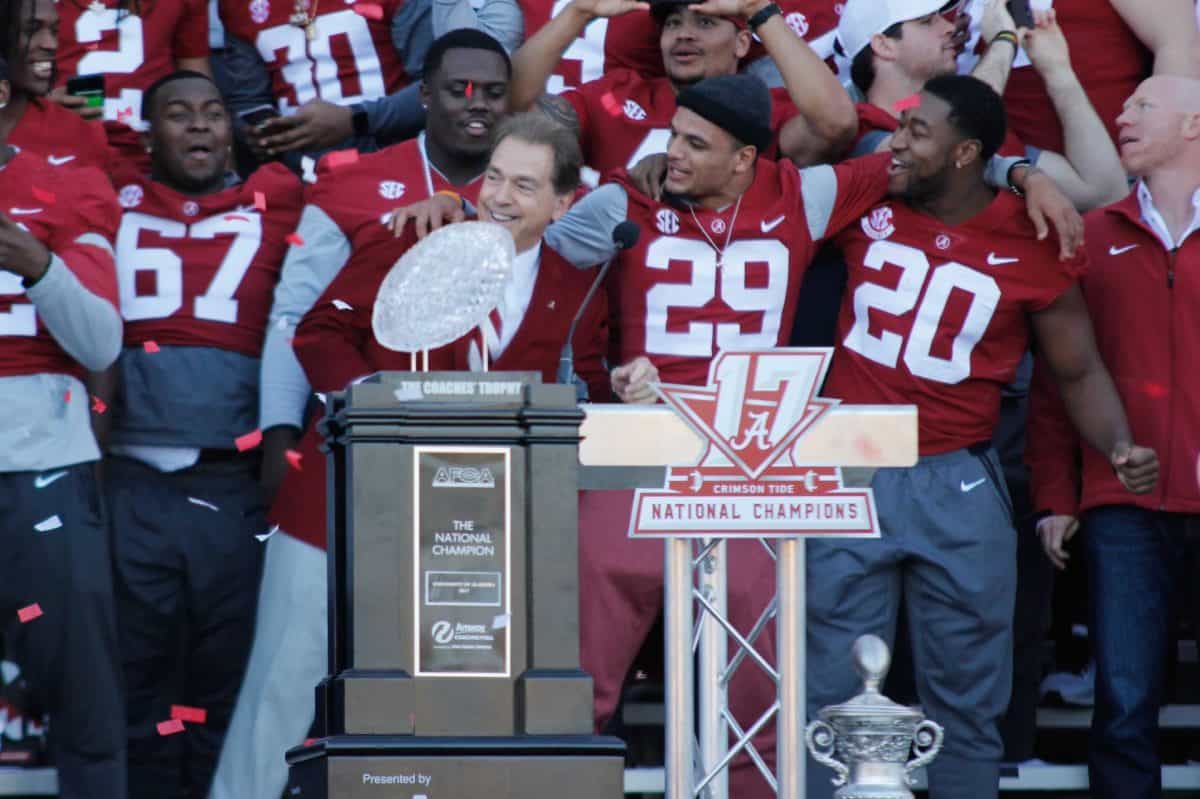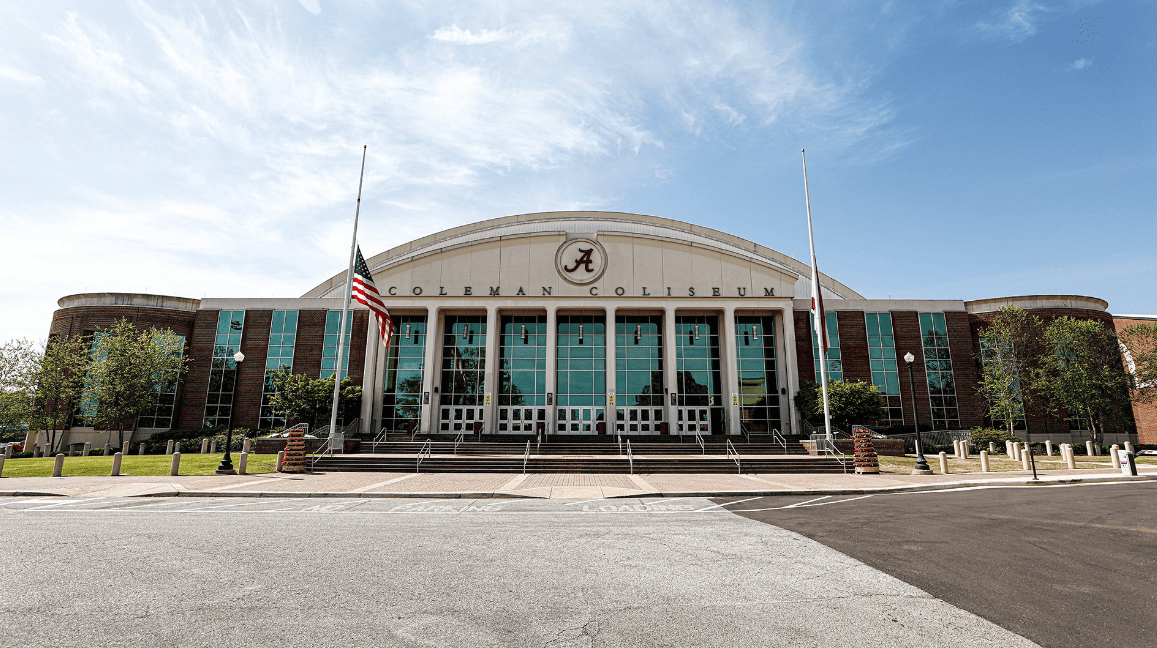But despite the traditional instrumentation, he displayed a refreshing aversion to the testosterone-fueled bravado of contemporary Nashville convention, proudly relating in “Life Ain’t Fair and the World is Mean” how he had recently “swapped the truck out for a van” in which he might more safely and efficiently tote around his young family and their dog.
Simpson approaches his new release “Metamodern Sounds in Country Music” from the same Joe the Singer perspective, but this time there’s a vibe of enhanced ambition – a willingness to try things for the hell of it. The songs comprising this album run longer than its predecessors’, and in several cases Simpson takes advantage of the relative sprawl to trade twangy riffage for symphonic texture (mostly featuring a Mellotron, a tape replay interface perhaps most notably used by the Beatles to replicate an orchestra’s canoodling in the warped coda of ?“Strawberry Fields Forever”).
The songs on “Metamodern Sounds in Country Music” sound exactly like what Sturgill Simpson thinks of when he thinks of anything, and I do mean anything.
On album-opener, “Turtles All the Way Down,” Simpson describes “reptile aliens made of light [that] cut you open and pull out all your pain” over the soothing plod of an acoustic guitar’s gentle downward chord progression and the Mellotron’s ?expansive swirl.
In the same song, Simpson ponders road-weary rendezvous with Buddha, God, the Devil, psychedelic drugs and turtles before ultimately concluding, his Kentucky drawl drenched in echo effects, that, “Every time I take a look / inside that old fabled book / I’m blinded and reminded by the pain caused by some old man in the sky,” and that “love’s the only thing that ever saved my life.”
“The Promise” is a near-unrecognizable cover of the 1988 original by New Wave one-hit wonders, When in Rome. Simpson’s vocals and gently plucked guitar start the track at a whisper, but the song gradually crescendos into a wash of lush Mellotron orchestration as Simpson’s octave leaps transform dolorous oath into yelping plea.
Simpson’s unrestrained coyote howls provide the perfect punctuation to the slow-burning first half of “It Ain’t All Flowers,” a swampy magma of fuzzed-out guitar and burbling bass. Then, at around the four-minute mark, the song plays through again in its entirety, but this time backwards and sped up in a dizzyingly bizarre outro (reminiscent once again of “Strawberry Fields”) that shimmies through the track’s warp and weft and contorts it ?like microwaved Play-Doh.
Even on “Long White Line,” a take on well-established country staple “The Road Song,” Simpson decides to take a fork or two. The track kicks off in a swarm of trebly, Chet Atkins-“Yakety Axe” electric guitar that later reappears in a brilliant double-tracked solo. And good luck resisting the temptation to imitate the swooping, nasally baritone Simpson employs in the chorus.
It’s a voice Shooter Jennings has (and critics along with him have) deemed a precise replica for that of his daddy Waylon. Simpson has repeatedly denied the comparison, but his congested inflection and mellifluous delivery make the juxtaposition tempting. Listen and decide for yourself.
What’s really important, and what he has irrefutably proven with each and every effort and experiment on “Metamodern Sounds,” is that Sturgill Simpson sounds exactly like Sturgill Simpson. And that’s a quality deserving of some appreciation and respect, especially when sounding like Sturgill Simpson sounds so good.






